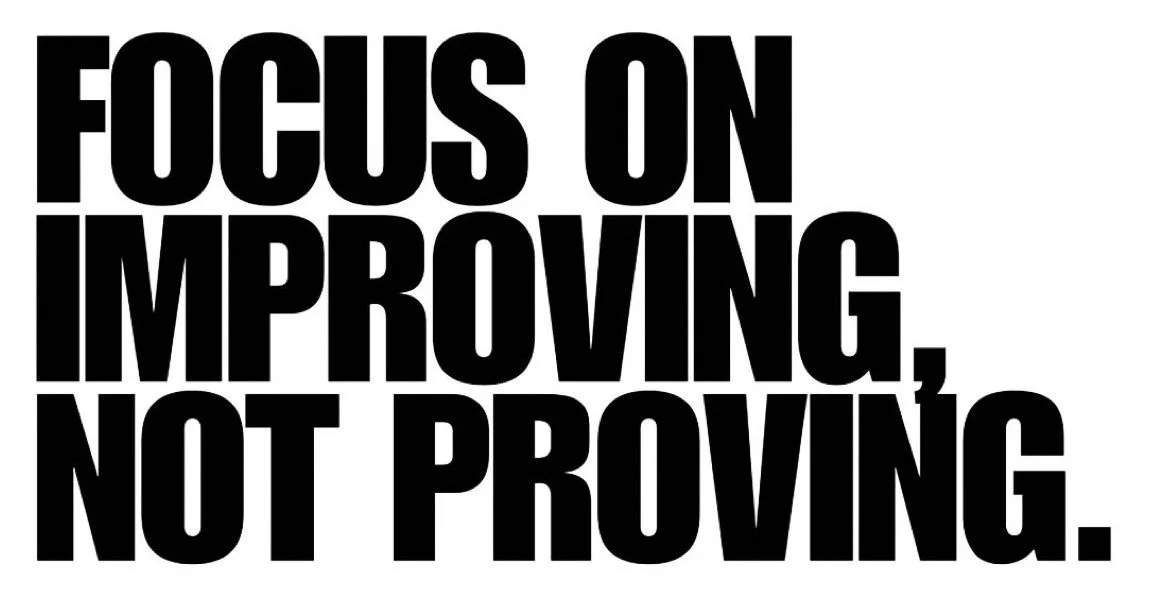One of the most common themes that emerges in leadership development coaching is imposter syndrome and the tendency leaders have to second guess themselves. These feelings often surface at moments of transition: a new role, an expanded scope, greater visibility, or the pressure to deliver through others. When leaders question their capability, it influences decision quality, confidence in communication, and the ability to model psychological safety for their teams.
Coaches have a broad set of approaches to support leaders through this. The work involves helping leaders recognise the underlying beliefs that shape their internal dialogue, understand the organisational factors that reinforce those beliefs, and build strategies that strengthen self-trust. I think effective coaching begins with a grounded understanding of the phenomenon itself. Before we can support leaders in navigating imposter syndrome, we need to be clear about what the term describes and the different ways it can show up in a leadership context.






